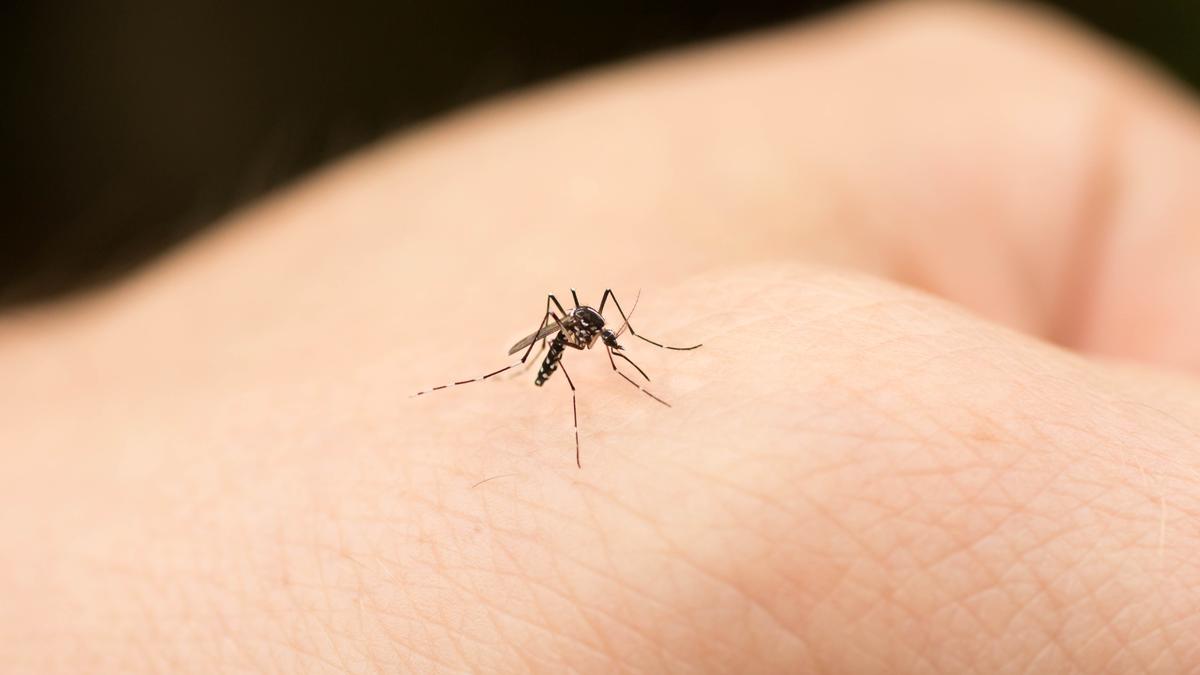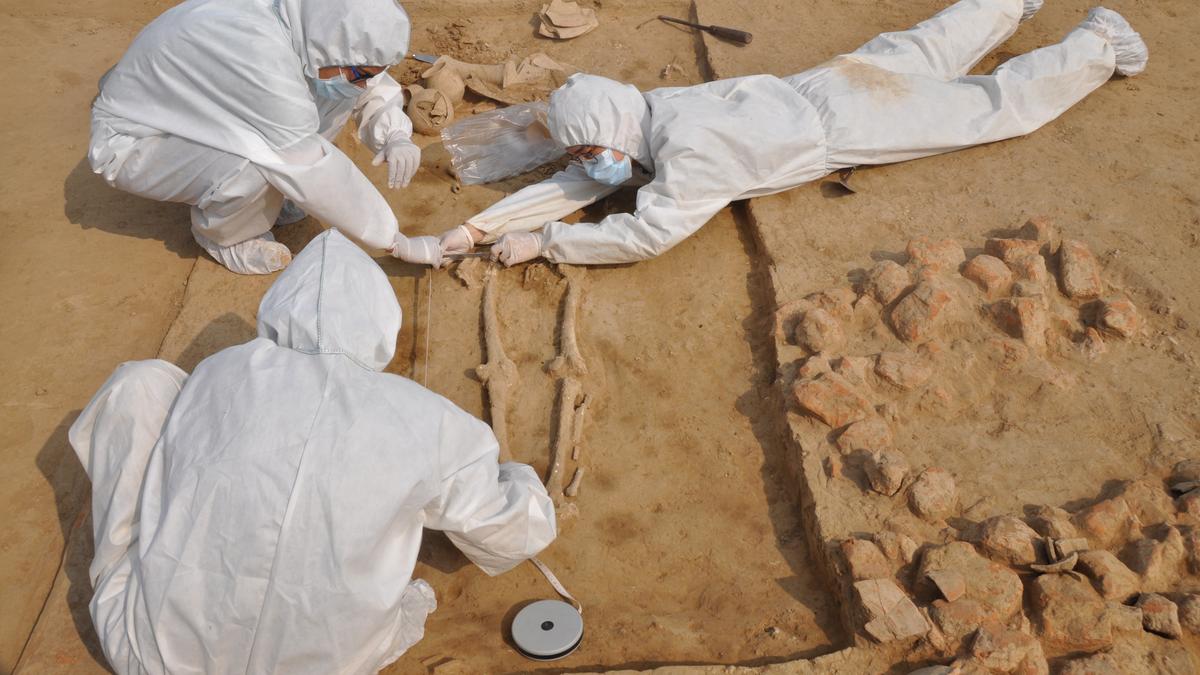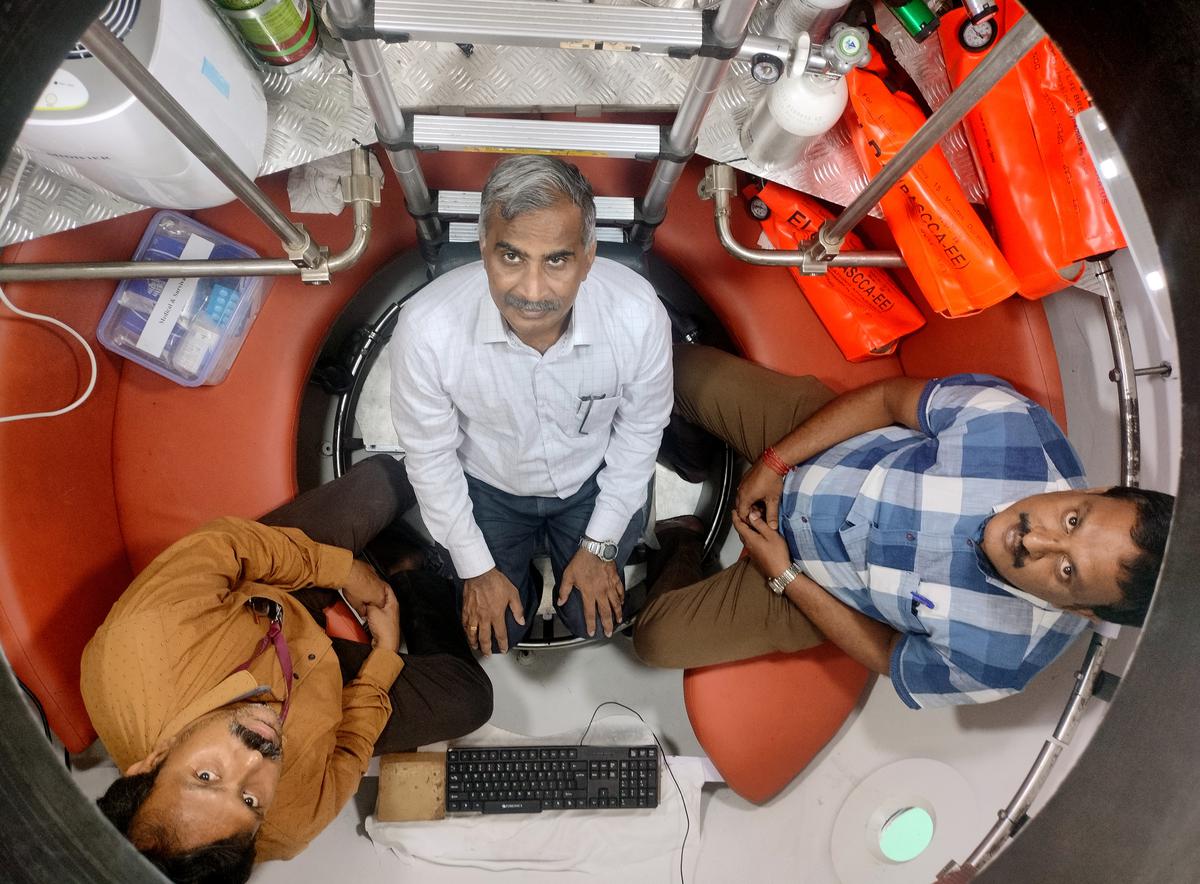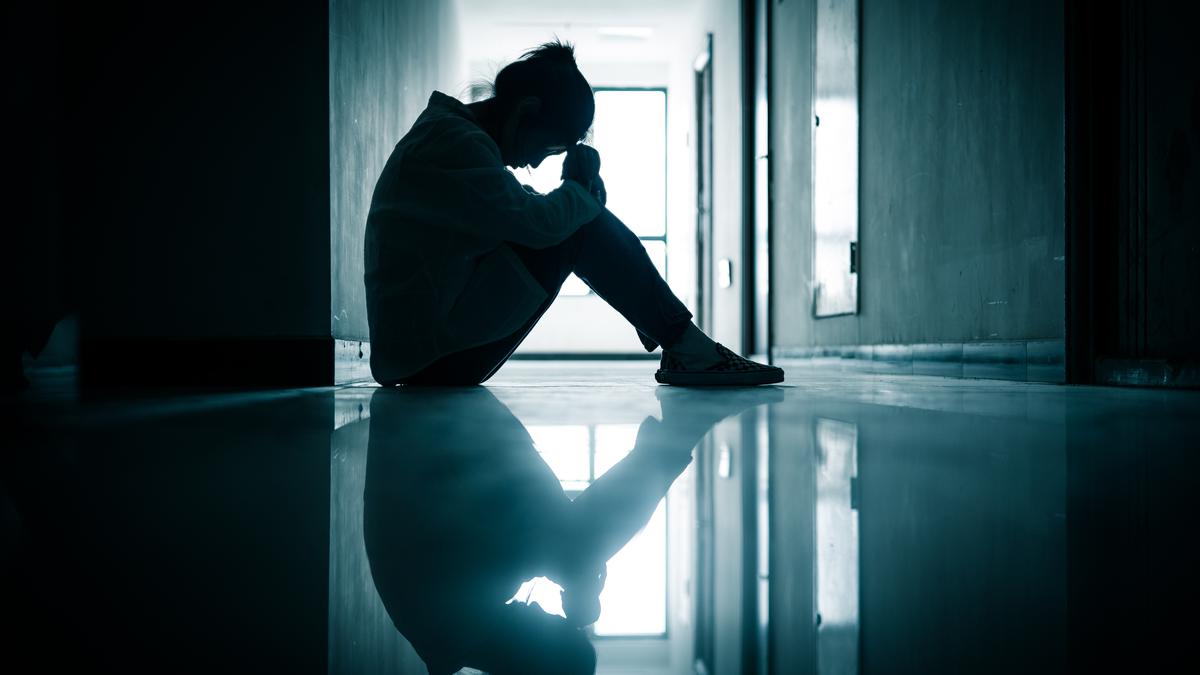Representative image.
| Photo Credit: Adrian Swancar/Unsplash
Around 4% of the world’s population has suffered post-traumatic stress disorder (PTSD) at some point, according to the World Health Organisation (WHO).
PTSD is often associated with war veterans, survivors of sexual violence and typically anybody who has lived through a life-threatening situation. They often experience anxiety, flashbacks, and nightmares.
But health workers have also recorded PTSD symptoms among people who have suffered repeated bullying, emotional abuse, and/or neglect. These individuals include children bullied or gaslighted since a young age and someone who has suffered domestic abuse for many years. They are said to have complex PTSD, or cPTSD.

For these individuals, flashbacks and nightmares are only the tip of the iceberg of symptoms. As a result of the lack of a nourishing living environment, they have been known to develop a crippled sense of self. Apart from anxiety issues rooted in a negative self-image and/or issues with self-confidence, they also display a difficulty trusting other people and trouble maintaining friendships or romantic relationships.
cPTSD was listed as a standalone diagnosis in the 11th edition of the International Statistical Classification of Diseases and Related Health Problems, or ICD-11, in 2018. In 2019, the WHO also recognised cPTSD as a separate mental health disorder.
We don’t yet know how prevalent cPTSD is in the general population. Researchers have estimated it is 1-8%.











